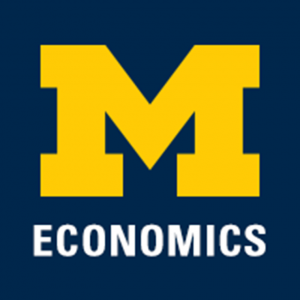Presented By: Department of Economics
Economic Theory: The Wisdom of a Confused Crowd: Model Based Inference
George Mailath, University of Pennsylvania

Abstract
“Crowds” are often regarded as “wiser” than individuals, and pre-diction markets are often regarded as effective methods for harnessing this wisdom. If the agents in prediction markets are Bayesians who share a common model and prior belief, then the no-trade theorem implies that we should see no trade in the market. But if the agents in the market are not Bayesians who share a common model and prior belief, then it is no longer obvious that the market outcome aggre-gates or conveys information. In this paper, we examine a stylized prediction market comprised of Bayesian agents whose inferences are based on different models of the underlying environment. We explore a basic tension—the differences in models that give rise to the possi-bility of trade generally preclude the possibility of perfect information aggregation.
Joint with Larry Samuelson
“Crowds” are often regarded as “wiser” than individuals, and pre-diction markets are often regarded as effective methods for harnessing this wisdom. If the agents in prediction markets are Bayesians who share a common model and prior belief, then the no-trade theorem implies that we should see no trade in the market. But if the agents in the market are not Bayesians who share a common model and prior belief, then it is no longer obvious that the market outcome aggre-gates or conveys information. In this paper, we examine a stylized prediction market comprised of Bayesian agents whose inferences are based on different models of the underlying environment. We explore a basic tension—the differences in models that give rise to the possi-bility of trade generally preclude the possibility of perfect information aggregation.
Joint with Larry Samuelson